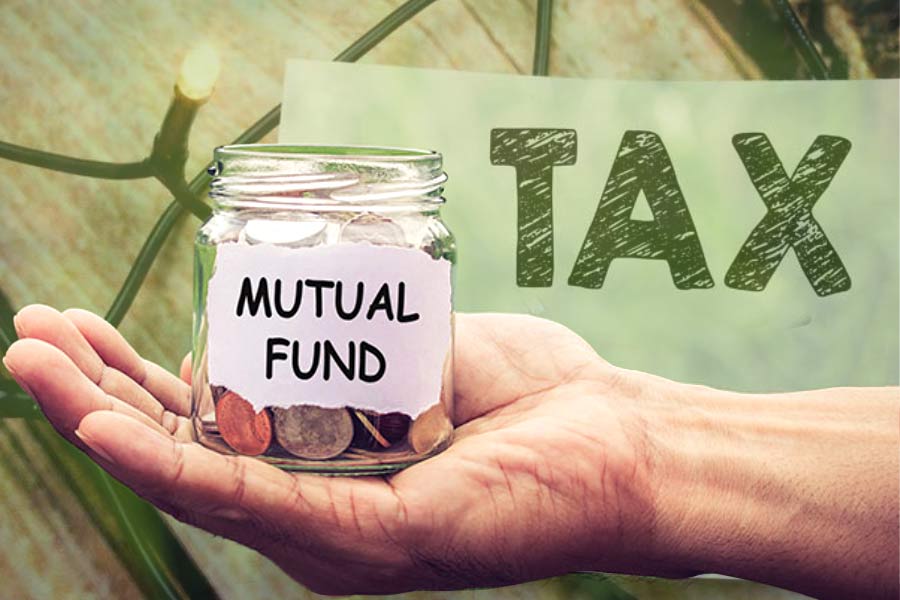Finance ,Insurance, loan ,Stock & Crypto
Trends In Government Mutual Funds: The Smart Way to Invest in India's Growing Economy
Government Mutual Funds on the Rise in India
Overview
Government mutual funds (G-MFs) are on trend in India, with increasing inflows and assets under management (AUM). G-MFs are debt mutual funds that invest in government securities, such as treasury bills, government bonds, and state development loans. They are considered to be low-risk investments, as the government is the issuer of the securities.
There are a number of reasons for the growing popularity of G-MFs in India. First, rising interest rates make G-MFs more attractive to investors, as the yields on government securities increase. Second, G-MFs are considered to be safe investments, as the government is the issuer of the securities. This is especially important in volatile market conditions. Third, G-MFs are highly liquid, meaning that investors can easily sell their units and get their money back. Fourth, G-MFs offer tax benefits to investors, such as lower long-term capital gains tax.
Benefits of Investing in Government Mutual Funds
A number of benefits to investing in government mutual funds, including:
- Low risk: G-MFs are considered to be low-risk investments, as the government is the issuer of the securities. This means that investors are less likely to lose their money when investing in G-MFs.
- Safe investment option: G-MFs are a safe investment option, especially in volatile market conditions. The government is a strong credit issuer, and its securities are considered to be very safe.
- Liquidity: G-MFs are highly liquid, meaning that investors can easily sell their units and get their money back. This is important for investors who need access to their money quickly.
- Tax benefits: G-MFs offer tax benefits to investors, such as lower long-term capital gains tax. This can help investors save money on taxes.
Types of Government Mutual Funds
Different types of government mutual funds available in India. Some of the most popular types include:
- Government securities funds: These funds invest in a variety of government securities, such as treasury bills, government bonds, and state development loans.
- Short-term government bond funds: These funds invest in short-term government bonds, such as treasury bills and government bonds with maturities of up to five years.
- Medium-term government bond funds: These funds invest in medium-term government bonds, such as government bonds with maturities of five to ten years.
- Long-term government bond funds: These funds invest in long-term government bonds, such as government bonds with maturities of over ten years.
How to Invest in Government Mutual Funds
To invest in government mutual funds, investors can open a mutual fund account with any mutual fund company in India. Once an account is open, investors can purchase units of the government mutual fund of their choice.
Investors can invest in government mutual funds through a variety of channels, including:
- Direct plans: Investors can invest directly in government mutual funds through the mutual fund company's website or app.
- Regular plans: Investors can invest in government mutual funds through a distributor or broker.
Important Things to Consider Before Investing in Government Mutual Funds
Before investing in government mutual funds, investors should consider the following:
- Investment goals: Investors should first consider their investment goals and risk tolerance. G-MFs are suitable for investors who are looking for low-risk investments with moderate returns.
- Investment horizon: Investors should also consider their investment horizon. G-MFs are suitable for investors who have a medium- to long-term investment horizon.
- Investment costs: Investors should also consider the investment costs associated with investing in government mutual funds, such as fund management fees and entry and exit loads.
Examples
Some examples of government mutual funds in India:
- DSP Government Securities Fund
- ICICI Prudential Government Securities Fund
- SBI Government Securities Fund
- UTI Capital Government Securities Fund
- HDFC Top 100 Fund
- Kotak Gilt Investment Fund
- Axis Gilt Fund
- Aditya Birla Sun Life Government Securities Fund
- Nippon India Gilt Securities Fund
- PGIM India Gilt Fund
- Bandhan GSF Investment Fund
- Tata Gilt Securities Fund
These funds invest in a variety of government securities, such as treasury bills, government bonds, and state development loans. They offer different levels of risk and return, so investors should choose the fund that is right for their individual needs and risk tolerance.
An example of how to invest in a government mutual fund:
- Open a mutual fund account with any mutual fund company in India.
- Choose the government mutual fund that you want to invest in.
- Decide how much money you want to invest.
- Place a buy order for the government mutual fund units.
- Once the order is executed, the government mutual fund units will be credited to your account.
Hold the government mutual fund units for as long as you want, or you can sell them at any time.
End of Conclusion
Government mutual funds are a good investment option for investors who are looking for safe and liquid investments with tax benefits. However, it is important to note that G-MFs are not risk-free, and their returns can fluctuate depending on interest rates and other market factors.
Investors should carefully consider their investment goals, risk tolerance, and investment horizon before investing in government mutual funds. They should also consult with a financial advisor to choose the right government mutual fund for their individual needs.
Additional Points
- G-MFs are a good investment option for investors who are saving for retirement, as they offer low risk and moderate returns.
- G-MFs can also be used to diversify an investment portfolio.
- Investors should consider investing in a variety of government mutual funds to reduce their risk.
- Investors should also regularly review their investment portfolio and make
Disclaimer: It is important to note that government mutual funds are subject to market risk, and their returns can fluctuate depending on interest rates and other market factors. Investors should consult with a financial advisor before investing in any government mutual fund.
Writer
Devraj Gorai


























